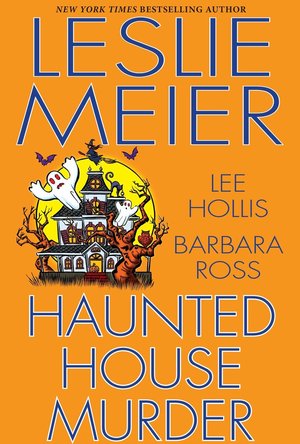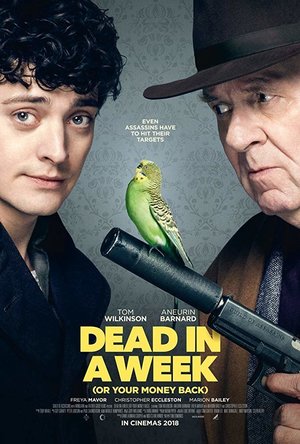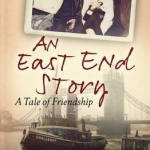
An East End Story
Book
One evening in the long hot summer of 1959, Alfred Gardner was walking home along Commercial Road....
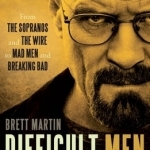
Difficult Men: From The Sopranos and The Wire to Mad Men and Breaking Bad
Book
In the late 1990s and early 2000s, a wave of TV shows, first on premium cable channels like HBO and...
Mark @ Carstairs Considers (2494 KP) rated Haunted House Murder in Books
Aug 30, 2019
As you might expect in a collection of stories by various authors, some are stronger than others. Personally, I found the opening story to be the weakest – I think it might have worked as a short story, but even as a novella is was too long. The middle story was better, with some fun scenes and a good twist to the mystery. I adore Barbara Ross’s Maine Clambake mysteries, so it was the reason I picked up the book. It also means I found the third story to be the best, with some good twists and a very fun sub-plot. While each story has plenty of fall atmosphere, these stories aren’t that spooky – they are by cozy mystery authors after all. Still, fans of these authors will enjoy picking up the book.
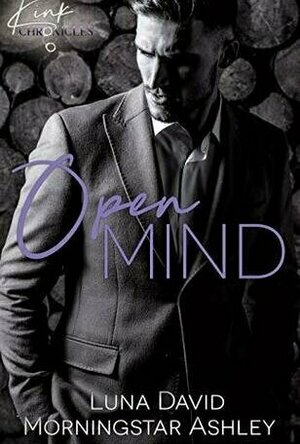
Open Mind (Kink Chronicles #1)
Book
At twenty-eight, Jamie Gray has realized his dream of becoming a traveling nurse. After years of...
BDSM MM Contemporary Romance
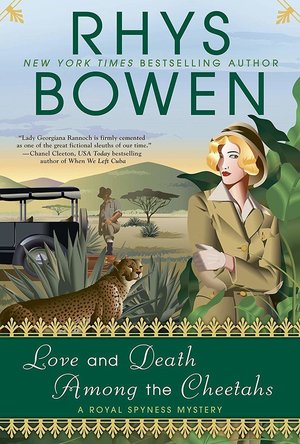
Love and Death Among the Cheetahs
Book
Georgie and Darcy are finally on their honeymoon in Kenya's Happy Valley, but murder crashes the...
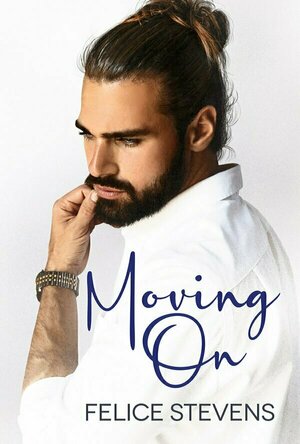
Moving On
Book
When his roof caves in, Sean Lovett thinks things can't get any worse. Until he loses his job,...
Contemporary MM Romance
KatieLouCreate (162 KP) rated Perfected (Perfected, #1) in Books
Jul 10, 2023
The book was originally published in 2014, around the height of YA Dystopian books. And if that doesn't tell you everything you need to know about this book allow me to continue.
After creating a new law which allows for the creation of human pets, congressman Kimball bought Ella. She is a pet designed and trained specifically for entertaining the Elite as the most prestigious family companion.
But for Ella, things aren't what they seem. Family secrets arise; she is kidnapped; and the dark world under her pampered life shows itself; and she cannot help but fall for the congressman's son, Penn. She is forced to question her existence. But if she chooses to act on these new revelations, she may face a fate worse than death.
Not to be rude, but this book is just like any other YA book written of its time. It draws a lot of similarities to Lauren DeStefano's Wither Trilogy. Its beautifully written, with lots of potential, but lacks execution. Ella is a very basic character for me. She is passive and her only motives for pushing herself derive from Penn, her love interest.
It seems the author tried to go for a hate to love relationship, but it fell flat with the instalovey trope. Even then, their love seemed more like lust to me. They didn't really build any foundations and connection. At least not enough to justify Ella's actions and motives.
Had I read this in my teens when the book came out, I would probably have loved it. But I'm older and nore cynical now.
I have already bought the second book on Audible and the book wasn't so terrible that I won't at least give it a try, but I'm apprehensive to say the least.
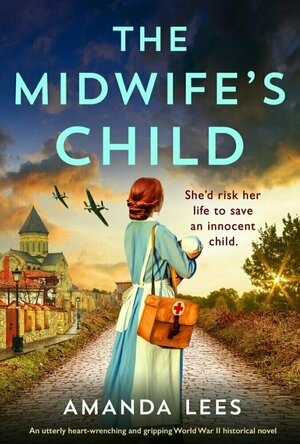
The Midwife's Child (WW2 Resistance Series #3)
Book
‘Save her,’ she begs, drawing her last, quavering breaths. ‘Save my baby. Find her father. And...
Tim Booth recommended Horses by Patti Smith in Music (curated)
Lucy Buglass (45 KP) rated Dead In A Week (Or Your Money Back) (2018) in Movies
Jun 20, 2019
Getting comedy right is difficult enough, let alone trying to do it with sensitive topics. But Dead In A Week (or your money back) hits the nail on the head. After several failed suicide attempts, William (Aneurin Barnard) signs a contract with veteran assassin Leslie (Tom Wilkinson), who promises he’ll be dead within the week. This simple concept results in 1 hour and 30 mins of pure entertainment.
Though explicit in the way it discusses suicide, there is a reason for this. Right from the start, William is positioned as an incredibly depressed, isolated failed writer, who is struggling to see the point in living. He is very open about this fact, and spends a lot of time planning ways he could do it, accompanied by a darkly funny montage of the ways he’s tried. He is a troubled character that you can’t help but feel sorry for.
What makes this film even more interesting is the way it makes you sympathise with both target and killer. Leslie is trying his best to avoid retirement, and sees William as an answer to his prayers. If he kills him, he’ll fill his quota, and all will be well. This creates a paradox where you want both men to succeed, but you know that’s impossible.
William changes his mind about the contract when a publisher takes interest in his novel, and he begins to fall in love with Ellie (Freya Mavor), the assistant who called him regarding his latest story. This encounter comes with some rather frank and heartwarming messages about life, reminding us how precious life can be if you give it a chance.
Of course, the film doesn’t just end there. After William’s 360, Leslie is having none of it, and for the rest of the film we see this young writer trying to outrun a seasoned assassin. Leslie’s boss Harvey (Christopher Eccleston) is hot on his tail as well, tired of giving the old man too many chances. It’s a classic tale of a failed assassin, flipped entirely on its head.
Filled with some brilliant twists and turns, the script is formulaic yet hugely entertaining, with some laugh out loud moments throughout. It will certainly appeal to those who like their humour a little darker, with its use of comedic timing and deadpan delivery. It addresses so much in a short space of time, adding depth where needed.
Leslie’s wife Penny (Marion Bailey) adds her own comic relief to the situation, with a delightful satire on middle-class culture. Whilst her husband is trying to keep a dangerous job he loves so much, she’s more concerned about beating her church rivals in a cushion competition. The parallels between the couple are simultaneously heartwarming and awkward, and I enjoyed the way they bounced off each other throughout.
This was a thoroughly enjoyable film, with some unexpectedly touching moments. I really connected with certain characters and loathed others, allowing me to become fully invested in the film. The encounter between these two men should have ended one way, but the two embark on a journey that changes their lives for the better. Underneath all the humour comes an understanding of mental health issues, and sympathy for those who struggle.
This was Tom Edmund’s feature length debut, after directing a few short films. It’s an impressive first film with good pacing, solid characters, and a well-polished look throughout. It was an ambitious first feature length, but it certainly delivered.
https://lucygoestohollywood.com/2019/05/06/dark-comedy-at-its-finest-my-thoughts-on-dead-in-a-week-or-your-money-back/
